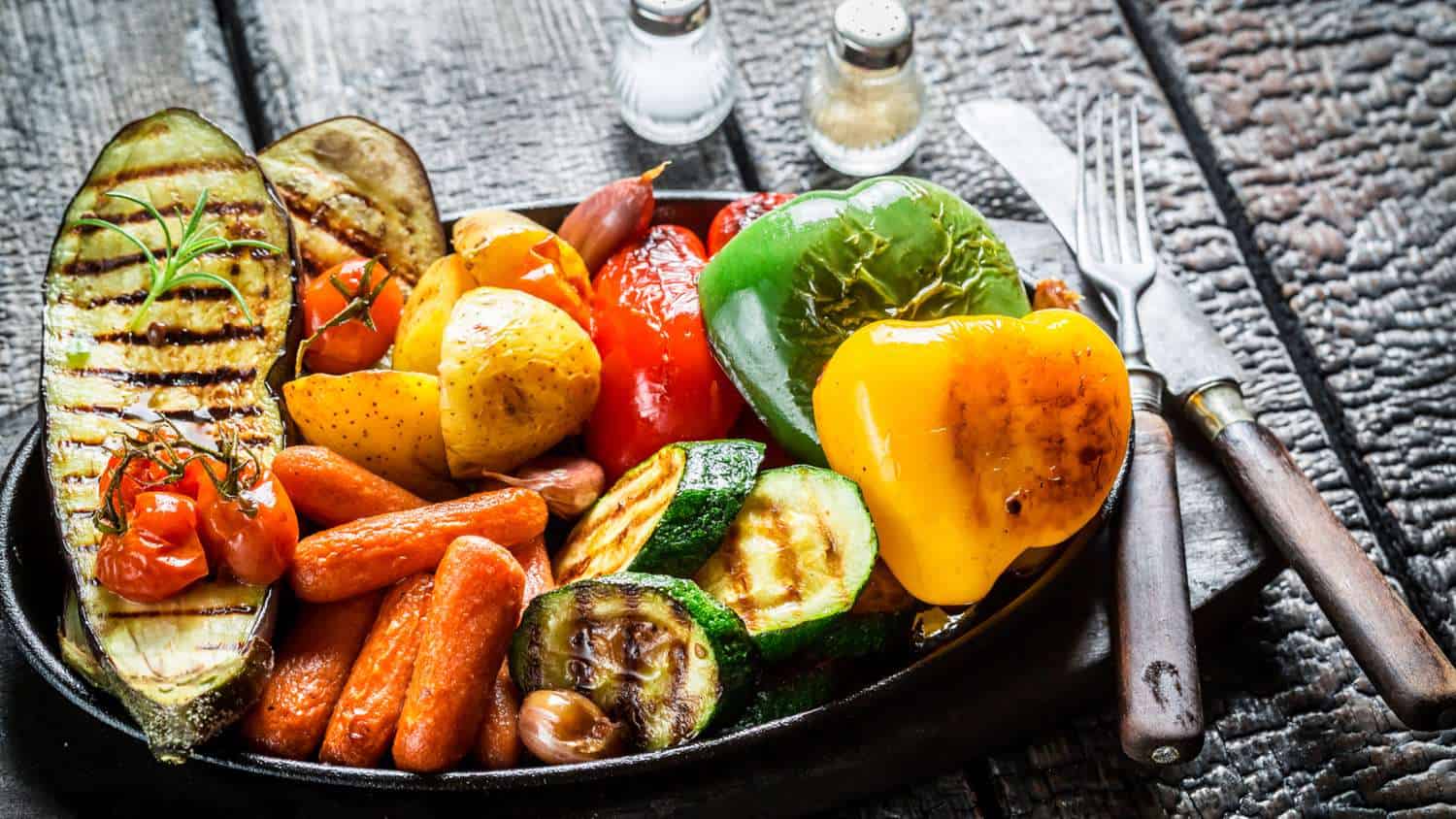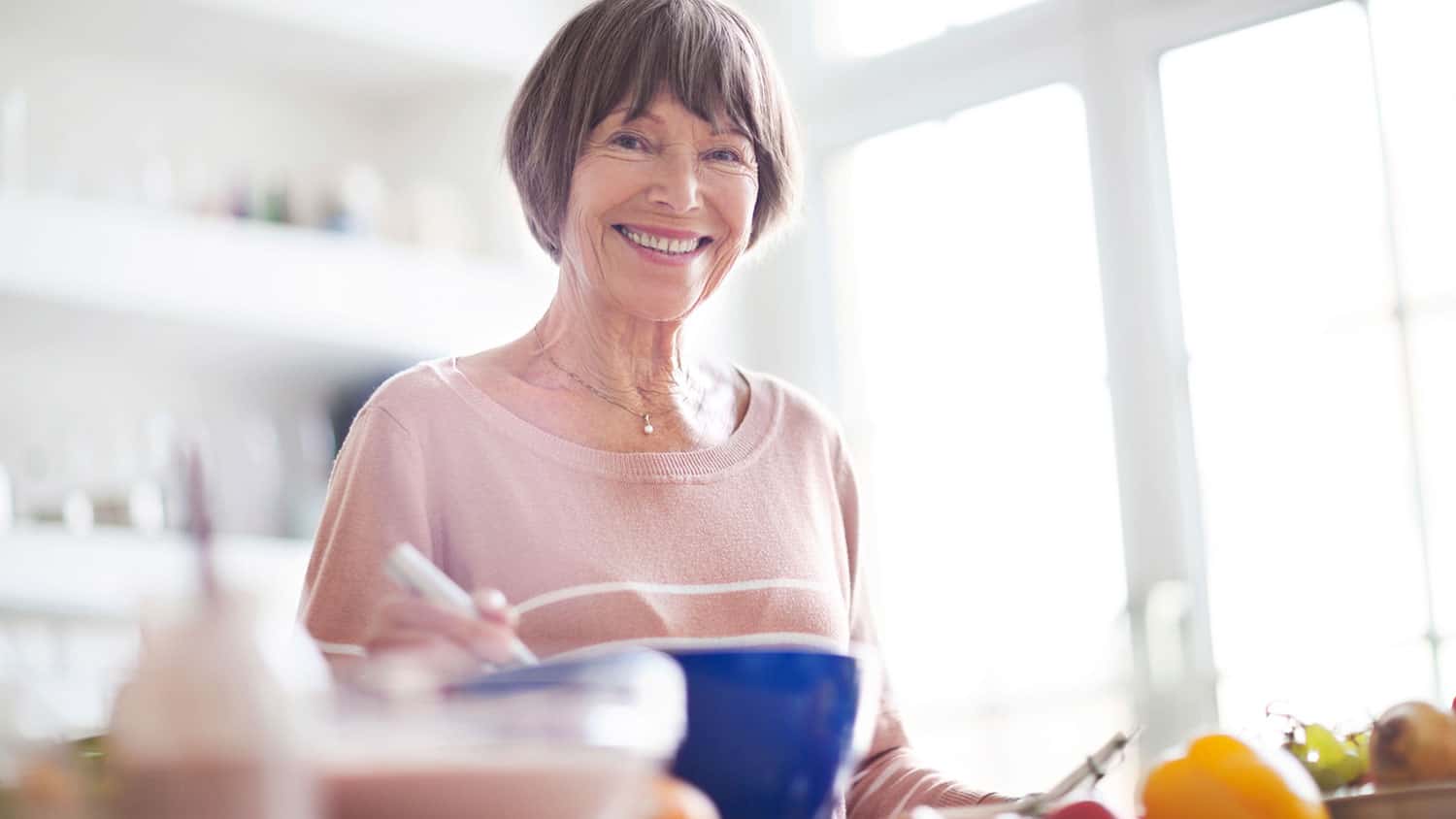Why Do I Feel Bad After I Eat? Understanding and Healing Guilt and Shame After Eating
Kathy was a capable, successful woman. She valued personal growth and excelled at most anything she tried.
Except for food… for some reason that one she never felt she mastered.
She would change her eating habits, only to end up back where she started hours, days or even years later. She was angry at herself for not having more willpower.
All of these feelings came rushing in almost nightly as she sat on the couch and gave into cravings after dinner.
Why Do I Feel Bad After I Eat?
In her new book,Atlas of the Heart, Brené Brown shares that “unwanted identity is the most powerful elicitor of shame.” She says, “If you want to know what’s likely to trigger shame for you, just fill in this sentence stem: It’s really important for me not to be perceived as _______.”
For Kathy, it’s undisciplined and lazy.
Her struggles with food have resulted in more pounds gained than lost over the years, and she carries around a lot of shame about her body and eating habits.
Perhaps you can relate?
Feeling Bad After Eating: Shame Vs Guilt
To understand why you might feel bad after you eat, you need to understand some of the core emotions experienced.
How Do I Know If I Feel Shame After Eating?
Also, from Dr. Brown’s work, shame is defined as “the intensely painful feeling or experience of believing that we are flawed and therefore unworthy of love, belonging and connection.”
It’s easy to see how shame is related to eating when you understand, as Brown explains that “shame thrives on secrecy, silence and judgement.”
In my work to help women heal emotional eating, I often hear stories of turning the Dove Chocolate bag inside out so family members don’t see it in the garbage and judge, or stopping at a trash can on the way home to dispose of drive-thru evidence.
Shame is isolating, you believe you’re the only person with the eating problem and if others found out they would think less of you.
Why Do I Feel Guilty After Eating?
According to the National Institute for the Clinical Application of Behavioral Medicines’ Guilt vs Shame infographic, there are both helpful and unhelpful types of guilt. Helpful guilt is defined as a “feeling of psychological discomfort” that occurs when “we act in a way that breaks objective standards of moral behavior.”
Guilt is unhelpful when it is related to not meeting our “unrealistically high standards.” Both types of guilt can apply to eating, but I would argue that neither are appropriate responses to eating because what you eat is not moral behavior.
Eating isn’t moral. It doesn’t make you good or bad if you eat an entire pizza or cake.
The response to guilt is often to stop doing the thing that you feel guilty about. And yet you can’t stop eating.
Very few are successful at entirely removing problem foods without developing an eating disorder. You may have been trying this removal tactic for decades and wondering why it never sticks: it’s not you, restriction doesn’t work.
Furthermore, guilt implies that you believe you deserve punishment. Using food or exercise as punishment is another symptom of disordered eating.
Oopsies!
If shame and guilt are not helpful emotional responses to eating, what is?
How about a self-compassionate “oopsies!” This is when you eat in a way that doesn’t align with your values and it feels bad.
Noticing you are out of alignment with your values is an opportunity to get curious about why you are acting this way and find a path to healing.
A self-compassionate “oopsies” assumes you are doing the best you can in the moment, and you have a good reason for your eating struggle.
How to Stop Feeling Bad After Eating
#1: Heal Emotional Eating
If you are feeling bad after eating, you are likely emotional eating, which is choosing foods to numb your emotions or as a primary source of pleasure in your life.
Dieting, meal planning, and any other attempt to fix feeling bad after eating by addressing food will not fix emotional eating because it doesn’t solve for the emotional component of the problem.
To understand how to heal emotional eating, download my free roadmap: You’re done dieting but still want to heal emotional eating.
#2: Recognize That Food Isn’t Moral and Remove “All or Nothing” Language from Your Vocabulary
Labeling food as “bad” and “good” is more likely to result in food cravings for the “bad” food motivated by the feel-good neurotransmitter dopamine.
All or nothing language like bad, good, should, failure, success can be unhelpful for creating a healthy relationship with food because it can result in feeling like you have to follow your eating plan “perfectly” or you’re a failure.
Consider adopting the philosophy that all food has a place and there is no such thing as bad food or failing at eating.
#3: Share Your Struggle in a Safe Environment
Dr. Brown says that “the antidote to shame is empathy. If we reach out and share our shame experience with someone who responds with empathy, shame dissipates.”
Finding safe people to share your struggles with, who will be empathetic and loving in response, is one way to help heal shame and guilt with eating. When women join my free private Facebook group, Emotional Eating and Women’s Wellness they often tell me they are so surprised to find out they aren’t alone in their struggle because eating shame is so isolating.
#4: Practice Self-Compassion
Accepting that we are struggling, rather than judging ourselves harshly for it, and responding kindly is a powerful tool when determining “why I feel bad after eating.”
A common question to help you think more compassionately is, “what would my best friend say to me in this situation?” and say that to yourself instead of self-critical comments.
#5: Calm Your Nervous System
Many of your food struggles likely come from an activated nervous system that is driving powerful cravings. This nervous system activation may be related to current stress or past trauma, but either way it is impacting how you feel after eating.
Do you feel bad about eating? Do you think of food as good and bad? How has that worked for you? Do you have a support group that can help you with your food struggles?
Tags Healthy Eating






